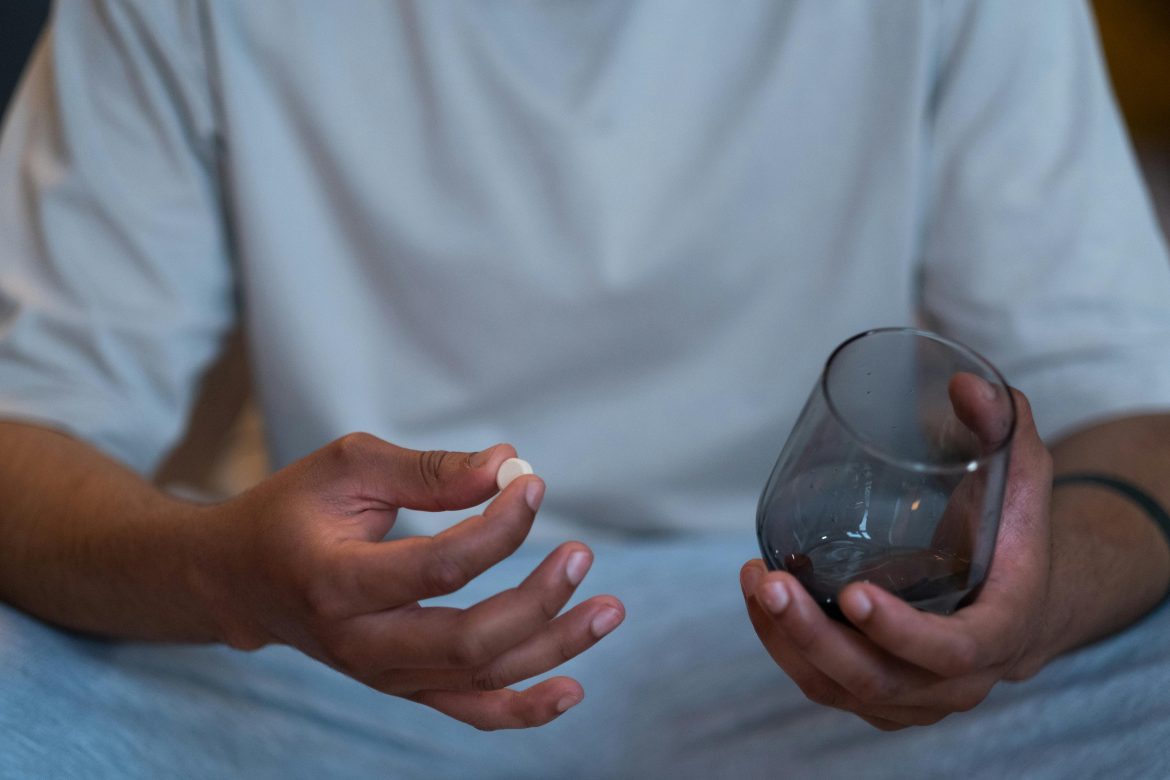Introduction
For decades, progressive forms of Multiple Sclerosis (MS) have been notoriously difficult to treat. While most therapies focus on relapsing forms, individuals with Primary Progressive MS (PPMS) and Secondary Progressive MS (SPMS) often face limited treatment options.
However, a new oral therapy developed by a team at a leading pharmaceutical research group has shown promising results in large-scale international clinical trials. This treatment may soon become a game-changer for patients struggling with progressive MS.
Understanding Progressive MS
Progressive MS is characterized by a steady worsening of symptoms, with or without superimposed relapses. Unlike Relapsing-Remitting MS (RRMS), the disease in these patients often does not respond to standard immune-suppressing treatments.
Symptoms typically include:
- Gradual walking difficulty
- Muscle stiffness or spasticity
- Bladder dysfunction
- Cognitive impairment
With limited therapies available, especially for those in later stages, the need for new treatments is urgent.
The New Oral Drug: PDM-302
Researchers at a major global neurology institute have developed PDM-302, a small-molecule oral drug designed to reduce neuroinflammation and promote neural resilience in the brain and spinal cord.
Key Characteristics:
- Taken once daily by mouth
- Penetrates the central nervous system effectively
- Modulates specific immune pathways without broad immunosuppression
How PDM-302 Works
Unlike traditional disease-modifying therapies (DMTs), which primarily suppress the immune system, PDM-302:
- Targets neurodegeneration directly
- Reduces microglial overactivity (chronic inflammation in CNS)
- Enhances mitochondrial function to support neuron survival
- Stabilizes the blood-brain barrier
This dual approach aims to slow or halt the steady decline that characterizes progressive MS.
Global Clinical Trial Results
A recent Phase III multicenter trial, involving over 1,500 participants with SPMS and PPMS, showed remarkable results over 24 months.
Trial Highlights:
- Conducted across 10 countries with over 100 neurology clinics
- Double-blind, placebo-controlled methodology
- Participants aged 25–65 with documented disability progression
Key Outcomes:
- 30% reduction in disability progression (measured via EDSS scores)
- Significant slowing of brain volume loss on MRI
- Improved gait speed in 42% of participants
- Well tolerated, with side effects limited to mild gastrointestinal discomfort (9%) and headache (6%)
The data was reviewed by an independent regulatory body and received accelerated review status due to its potential impact.
What This Means for MS Patients
If approved, this treatment could:
- Fill the gap for individuals with limited or no options
- Offer a more convenient oral alternative to current injectables and infusions
- Be combined with rehabilitation therapies to enhance mobility and quality of life
This development also provides hope to newly diagnosed progressive MS patients by shifting the narrative from hopelessness to manageability.
Patient Perspectives
Sophia, a 48-year-old with SPMS who participated in the trial, shared:
“Before joining the trial, I felt like I was losing a little more each month. Since starting this medication, I’ve been able to walk with less support and even go on short hikes again.”
Healthcare providers echo the optimism, with one neurologist at a leading MS care center stating:
“We’ve waited a long time for a drug that addresses the neurodegenerative component of MS. This might finally be it.”
Next Steps for Approval and Access
Following the trial, the developers have submitted data to multiple health authorities across North America, Europe, and Asia. If all goes well:
- Regulatory decisions are expected by mid-2026
- Plans for global distribution and affordability are being prioritized
- Discussions are underway for insurance and public health coverage
Special access programs may become available for patients in severe stages of progression.
